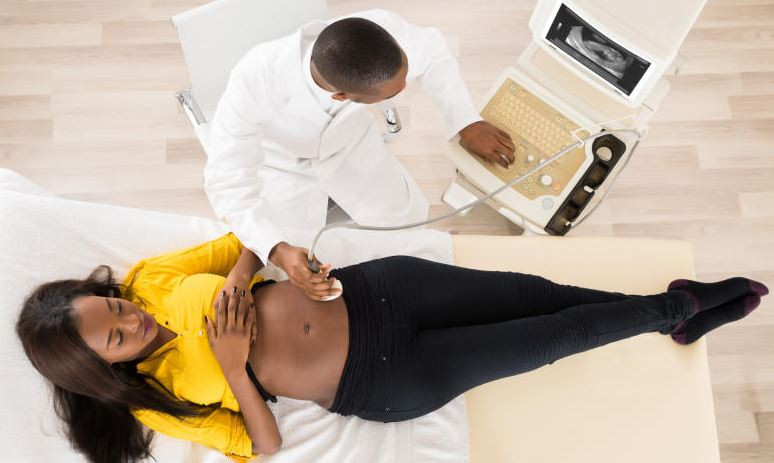
A gynecologist checking a pregnant woman. (Courtesy/iStock)
The diagnosis of cancer is usually heartbreaking. Thankfully, patients often end up getting appropriate treatment that either leads to a cure or lengthens their lives. But when young people get diagnosed with cancer, treatment modalities may negatively affect their future reproduction. This is where fertility preservation comes in.
Fertility preservation is the process of preserving eggs, sperms or fertilised eggs (embryos), for future use. Portions of the ovaries or testes can also be preserved. The preserved reproductive samples are then prepared for use, eventually leading to a successful pregnancy.
Some cancers may directly involve the reproductive system, negatively impacting the capacity to reproduce. Treatment may also affect reproductive function. Chemotherapy and radiotherapy are common treatment modalities, and may irreversibly damage reproductive organs. Cancer specialists should work closely with fertility specialists when dealing with younger patients, to put in place appropriate measures to help preserve future fertility.
If faced with cancer at a young age, consideration of fertility preservation should always be part of a holistic treatment approach. Cancer specialists eventually map out a treatment plan, considering how that may fit into opportunities for fertility preservation. Referral to a fertility centre can then be initiated with a sense of urgency. The fertility team then goes ahead with minimally selected evaluations before initiating subsequent preservation processes.
For men, a sperm sample is all that is required. Most men can give a sperm sample by masturbation. But in some cases, a surgical procedure may be required to retrieve sperms directly from the testes. Once frozen, the sperm will remain viable for a long time.
Women require a more intense process. Injectable hormones are given to stimulate the ovaries to produce several eggs. A monitoring period of about two weeks is usually required for the eggs to mature. Retrieval of the eggs from the ovaries is a short surgical procedure done under a mild anaesthetic. The eggs are then analysed and frozen. They can also be fertilised and frozen as embryos, which would be applicable if the female is already in a stable relationship.
Concerns have been raised about the effect of fertility medications on certain cancers. Research remains reassuring. For some cancers, adjunctive precautionary interventions will be instituted in women during the period of ovarian stimulation.
Dr Alfred Murage is a Consultant Gynecologist and Fertility Specialist.